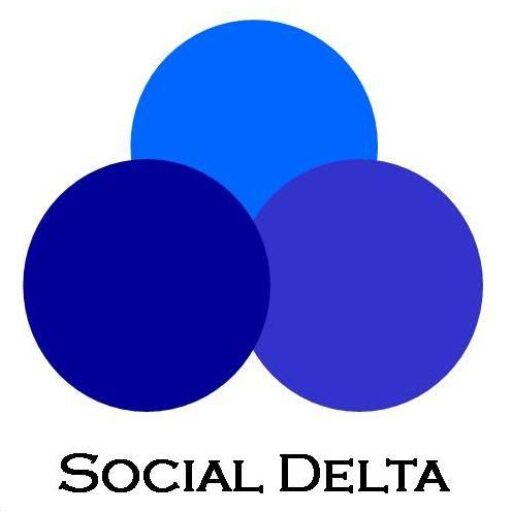“What this pandemic shows…is that we can stop everything in a moment’s notice. I hope that rather than panic and try to rush back to normalcy, people will reflect on what it is we should leave behind, rather than resume.”
Journalist Sam Blum expressed this hope in a recent article in VOX magazine. It complements the UN aspirations to “Build Back Better, ” which is “an approach to post-disaster recovery that reduces vulnerability to future disasters and builds community resilience to address physical, social, environmental, and economic vulnerabilities and shocks.” (Read the full resource here)
Everyone–and let’s fully grasp what that means–everyone on the planet is affected by this pandemic. The numbers of deaths and illness may be small relative to the global population of over 7.8 billion people, but they are significant and scary. Every house and refugee camp, every person rich and poor, and every community urban and rural are having to adjust what they do, how they do it, and how to adapt to fear and uncertainty. This global response is unprecedented. Even the world wars were not fought on battlegrounds in every country. Previous global health scares in the last century (AIDS, SARS, MERS) seem to have had far less of an immediate impact on every family. The Spanish Flu had a similar reach…and far more deaths associated with it…but it existed at a time of limited global interactions and travel.
COVID-19 has made apparent the stark disparities in our world. Front line workers–from grocery clerks to health professionals to law enforcement–are forced to work and put themselves at risk for a greater good. The poor (whether relatively poor in developed countries or abjectly poor in other parts of the world) are at a sincere disadvantage as they simply can’t afford to not work, nor to socially isolate. Some ethnic groups and age groups have reportedly been disproportionately infected. Political figures are disguising their authoritarian tendencies behind the shield of “protecting their people” by applying emergency measures, or even boldy proclaiming power. Access to information, in spite of the ubiquitous Internet, has been confusing as conspiracy theory and mis-information is mixed seamlessly with the data-driven health edicts and expert, reasearched opinions.
For those who have health and wealth, the pandemic creates a mind game that might question one’s purpose. For those who are struggling to just get by, the pandemic is a frightening daily reminder of our own frailty and mortality.
Economies are opening up now; some are taking modest steps, other are more bold. Health professionals warn of a second wave of infection and each society or community must weigh the risks of infection against the necessity of employment and liberty.
Social Delta, with many others involved in helping to create just societies in which work has both individual purpose and community benefit, sees an opportunity to indeed “build back better.” Our businesses must be more focused on meeting the basic needs of citizens: health, education, nutrition, sustainability, justice and minimizing poverty.
Our global economy has had a heart attack and we collectively have the power to resuscitate it and nurse it back to good health.
There will undoubtedly be many changes in the way we define work, where we work, the value we place on family and social interactions and security. Indeed, if we redefine success such that we focus on what is good for us as individuals living in community, then the future after the fear may well be more humane, forgiving and sustainable.
